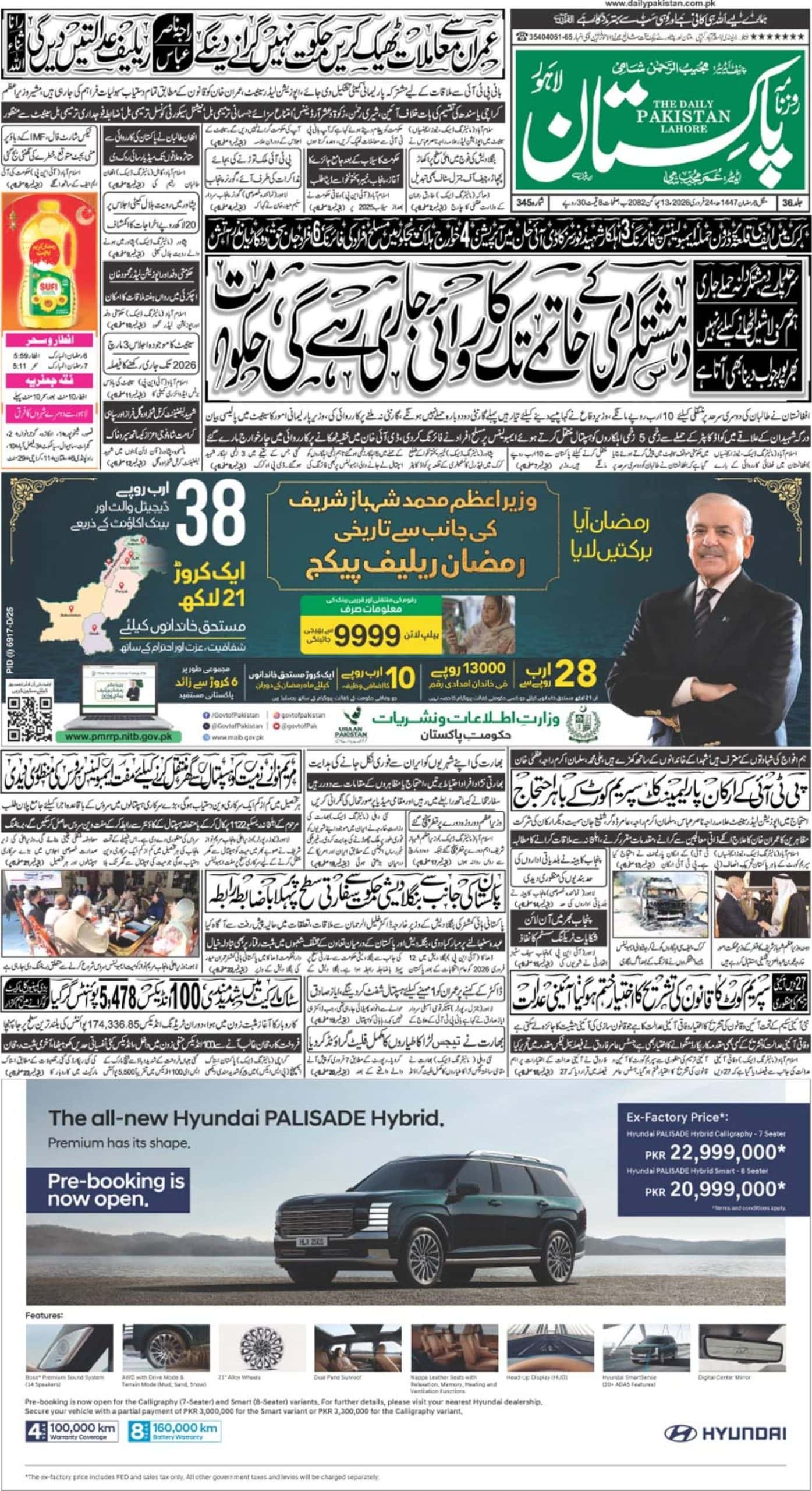LAHORE – The LUMS Energy Institute (LEI), a research and capacity-building centre focusing on Pakistan’s energy sector, has recently released a report titled “Sustainable Architecture: Advancing Energy Efficient Buildings”. The report aims to address the critical energy challenge and highlights the significance of energy-efficient practices in residential construction, which can lead to a significant reduction in energy consumption.
Dr Fiaz Ahmad Chaudhry, Director of LUMS Energy Institute, emphasized during his talk with policymakers, regulatory bodies, and other important stakeholders that Pakistan’s spending of almost USD 100 billion on power plants mainly for summer cooling loads is not sustainable. He suggested that by adopting energy-efficient practices, cooling loads could be reduced by a minimum of 50%, saving billions of dollars.
The use of electricity varies seasonally, with higher demand during the hot summer months for cooling purposes. This results in the need for an additional 18,000 MW of power plant capacity, which is vastly underutilized for the rest of the year, causing a significant financial burden of nearly $100 billion on the national economy. This inefficiency has led to capacity payment obligations exceeding PKR 2 trillion, creating a significant financial burden on the sector that contributes minimally to the country’s GDP growth.
However, a recent report has shown that adopting energy-efficient practices in residential construction can significantly reduce this burden. The report explores locally available materials, Building Information Modelling (BIM) results, and cost-benefit analysis, providing a roadmap for stakeholders, homeowners, the construction industry, and regulatory bodies to embrace sustainable practices.
The report provides a detailed analysis of energy-efficient practices across various types of houses, including 5 Marla row houses, 10 Marla semi-detached houses, and 1 Kanal fully detached home. The study shows that energy-efficient building insulation is fundamental to keeping electricity usage at reasonable levels during summer months.
For example, using energy-efficient fans can reduce energy consumption by 60%, and energy-efficient appliances can cut energy consumption by 27%. Integrating air conditioning systems with geothermal solutions can result in an additional 19% reduction in energy consumption. The study also highlights the significant benefits of powering homes with solar panels, particularly in energy-efficient homes where installation costs could be 50% lower than in standard homes.
The report’s findings were presented to a large gathering of policymakers, regulatory bodies, and key stakeholders related to the energy and construction sectors, who commended the LUMS Energy Institute’s efforts. Dr Chaudhry, in his observations at the event, emphasized the report as a blueprint for the future of sustainable architecture in Pakistan, inspiring change in how buildings are designed and constructed, focusing on environmental sustainability and energy efficiency.














